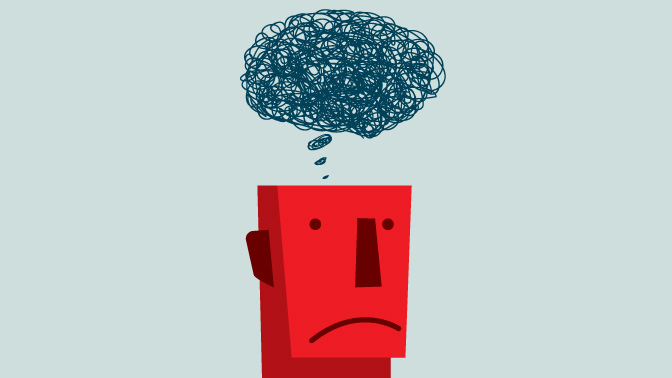Home page Description:
Imaging study reveals why some cardiac rehabilitation patients do not respond to treatment.
Posted On: July 12, 2017

Image Caption:
Patients with heart disease often experience a decline in mental health, which can sometimes affect their ability to participate in daily activities.
TRI Affiliate Scientist Dr. Krista Lanctôt and her team have uncovered intriguing new evidence that explains why some patients with heart disease do not respond well to cardiac rehabilitation treatment programs.
Heart disease is often accompanied by diminished brain health and a decline in mental performance. Some of these symptoms can be reversed when patients complete a cardiac rehabilitation program.
However, not everyone responds positively to the treatment: some patients continue to suffer from decreased mental performance and go on to develop more severe conditions such as dementia.
Dr. Lanctôt’s group and her collaborators have been trying to determine why this is the case. Her team examined mental performance (using mental performance tests) and brain damage (using brain scans) in patients with coronary heart disease, before and after completion of a 48-week cardiac rehabilitation program.
They discovered that patients with lesions in a specific region of the brain, known as the cholinergic tract, were less likely to exhibit improvements in mental performance despite attending the rehabilitation program.
“Our findings indicate that underlying differences in brain pathology may be responsible for the variability in patient responses to cardiac rehabilitation programs,” explains Calvin Santiago, lead author of the study and graduate student in Dr. Lanctôt’s lab. “They underscore the importance of adapting and optimizing rehabilitation approaches for this patient population to facilitate recovery after a cardiac event, which is the focus of our research” says Dr. Lanctôt.
This work was supported by the Canadian Institutes of Health Research, the Heart and Stroke Foundation Canadian Partnership for Stroke Recovery and the Toronto Rehab Foundation.
Santiago C, Herrmann N, Swardfager W, Saleem M, Oh PI, Black SE, Bradley J, Lanctôt KL. Subcortical hyperintensities in the cholinergic system are associated with improvements in executive function in older adults with coronary artery disease undergoing cardiac rehabilitation. Int J Geriatr Psychiatry. 2017 May 5. doi: 10.1002/gps.4729.




